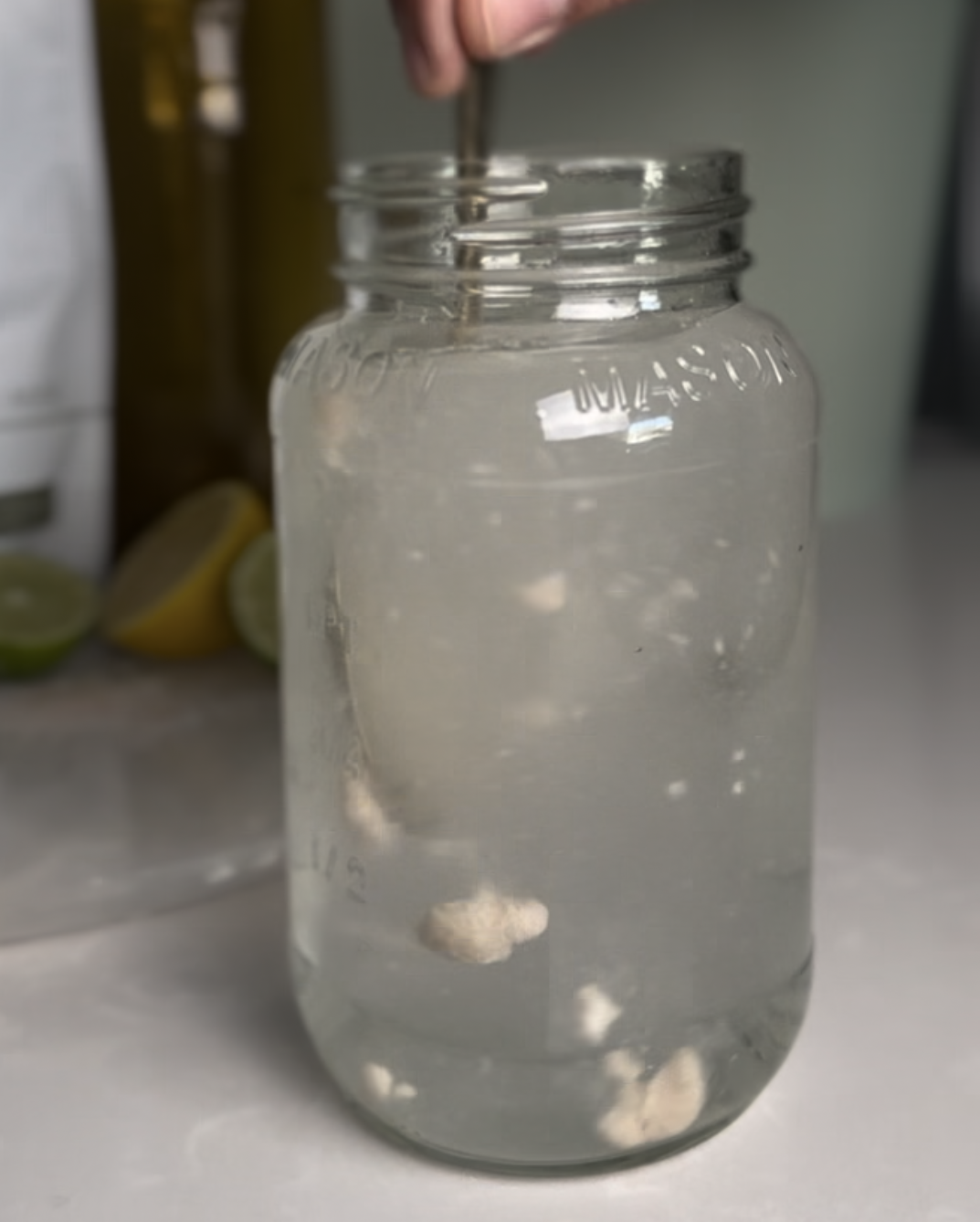
Have you ever wondered why your powdered sugar or spice blends always seem to flow so smoothly? The answer lies in the anti-caking agents added to these products. But are these additives as harmless as they seem? Let's delve into the potential dangers of anti-caking agents.
What are Anti-Caking Agents?
Anti-caking agents are substances added to powdered or granulated materials to prevent the formation of lumps and improve flowability. Common anti-caking agents include silicon dioxide, calcium silicate, and magnesium stearate.
Are They Safe?
While anti-caking agents are generally recognized as safe by regulatory bodies, some studies have raised concerns about their potential health risks. For example, silicon dioxide, a commonly used anti-caking agent, has been linked to respiratory issues when inhaled in large quantities.
Hidden Dangers
One of the main concerns with anti-caking agents is the potential for contamination. These additives can sometimes contain impurities, such as heavy metals, that may pose health risks when consumed over time. Additionally, some anti-caking agents have been associated with digestive issues and allergic reactions in sensitive individuals.
How to Avoid Them
If you're looking to reduce your exposure to anti-caking agents, opt for whole spices and ingredients whenever possible. Grinding your own spices at home or purchasing organic products can also help minimize your intake of these additives.
While anti-caking agents play a crucial role in keeping our pantry staples free-flowing, it's essential to be aware of the potential risks associated with these additives. By making informed choices and being mindful of the ingredients in your food, you can take steps to protect your health and well-being.
